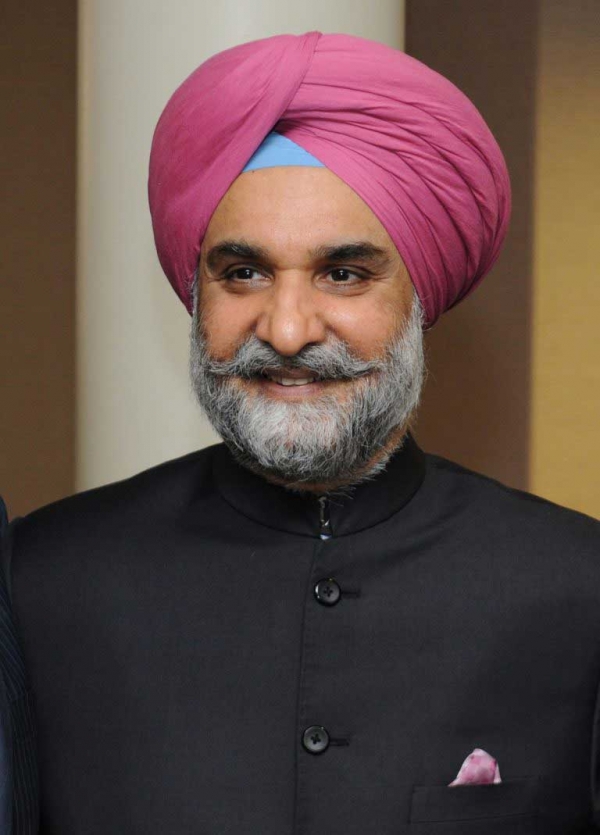The divisive Jihadi ideology needs to be isolated and eliminated, as it is a threat to regional security and global peace, Indian High Commissioner Taranjit Singh Sandhu said addressing an event in Colombo.
"Prime Minister Modi has offered all possible assistance in this regard, should Sri Lanka require, " the High Commissioner said.
"Terrorism and radicalism pose a collective threat to humanity. The recent attacks in Sri Lanka, is not just against Sri Lanka. Terrorism anywhere in the world attacks the conscience of whole humanity; it attacks the human spirit that we are one, " he added.
The High Commissioner also said, "The first day of PM Modi in office after the swearing in ceremony was dedicated to meeting the leaders from the neighbourhood and extended neighbourhood, including from Sri Lanka. It is a reflection of the importance that India attaches to the special relations with its neighbours.
India has always been a First Responder to Sri Lanka’s needs and priorities. Whether it be the flood or drought, India has been the first to respond with men and material. India has also completed several people oriented development projects all across the island, as pure gifts from people of India.
India-Sri Lanka relations have seen landmark changes in the last five years. PM Modi became the first Prime Minister of India to visit Sri Lanka after a gap of 28 years, with his historic visit to the island in March 2015. He visited Sri Lanka again in May 2017 as Chief Guest at the International Vesak Day celebrations. The decisive mandate for PM Modi in the recent elections in India is a reflection of support for continuation of the Government’s policies. The continuation and further strengthening of these policies is also in Sri Lanka’s interest.
The core aim of India’s foreign policy is to ensure safety and security of its 1.3 billion people and meet their genuine developmental aspirations. While pursuing India’s objectives, India is not governed by self-interest alone. India has always believed in sharing its developmental successes. Growing together has been the basic tenet of India’s foreign policy. As Prime Minister Modi has said, India seeks a future for Indian Ocean that lives up to the name of SAGAR- Security and Growth for All in the Region.
Individual countries cannot remain peaceful, secure and prosperous, if the region and world at large were to be in turmoil. It is a highly interconnected world today. We cannot banish other’s misery as his or her own problem; it is as much as ours as his or hers. It is in our individual and collective interest to maintain world peace and collective stability.
Internet and cyberspace have revolutionized the way we think and act. While digital age, technology and social media have brought humanity together, it has also become a potential weapon for spread of aggression and intolerance. Irrespective of the actual location of individuals, ideas and ideologies travel beyond borders, on a real time basis.
Alienation, compartmentalization and hierarchy of identities provide fertile ground to breed hate and violence. Love and tolerance are virtues which can be nurtured only in the waters of togetherness. India believes in taking everyone along in its journey towards development. Pluralism calls for celebration not confrontation."










